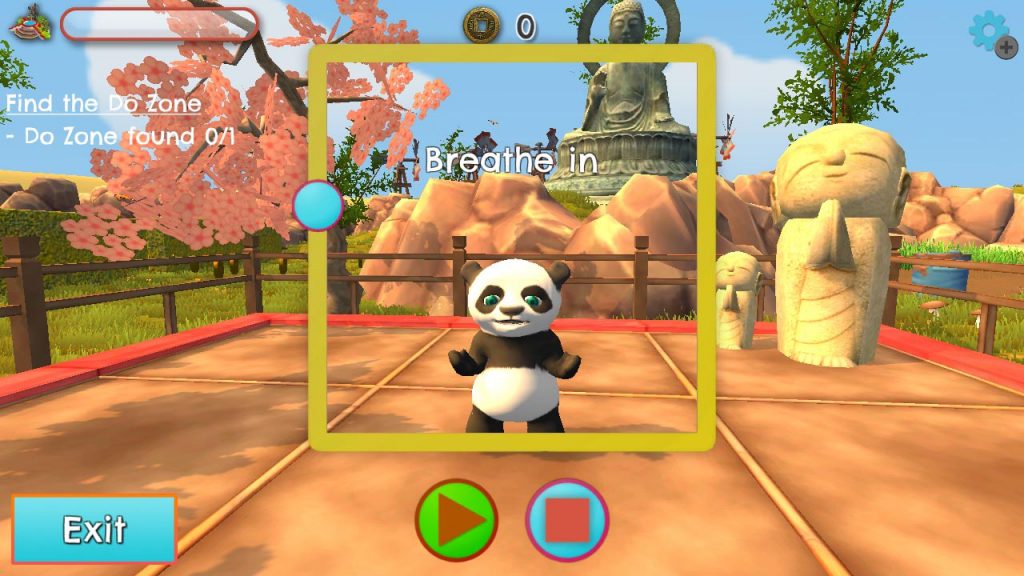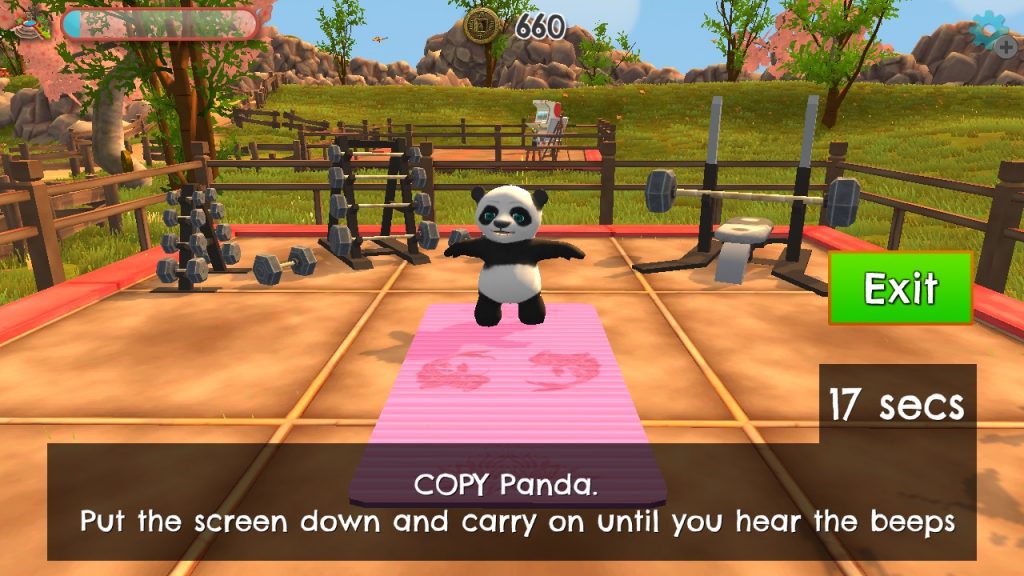
18th January, Blue Monday, is supposedly the most depressing day of the year. The riot of Christmas decorations has gone, your bank account is jaded, and dark evenings begin shortly after breakfast.
You’d be forgiven for thinking the whole of 2020 was a Blue Monday and 2021’s not been much fun so far. The third lockdown began as we pulled the last cracker, Covid19 infections continue to rise and many struggle to teach their children, stave off loneliness, and pay their bills.
Lockdowns have highlighted how these struggles are most keenly felt where there are societal inequalities. We’ve seen the digital divide impact negatively on home-schooling; when families don’t own laptops or have affordable, reliable internet it’s very hard to home school.
Many children found the changes to their lives difficult and evidence suggests anxiety in children rose in 2020. The NHS says one in six (16%) 5-16 year olds reportedly had a mental disorder in 2020, up from one in nine in 2017. https://digital.nhs.uk/data-and-information/publications/statistical/mental-health-of-children-and-young-people-in-england/2020-wave-1-follow-up
But technology can help children feel less anxious – if provision is equal to all. Liverpool 5G Create, a health, social care and education project based in and around Kensington, Liverpool, (funded by the Government’s Department for Digital, Culture, Media, and Sport) has worked hard to reduce the digital divide in Liverpool. The team created an independent 5G network, using UK-designed hardware, that supports health, social care, and education technologies for people taking part in the project.
The technologies trialed during the project included Push-to-Talk, which connects people feeling isolated for a cost-free chat, sensors that detect when an older person falls and needs help, and a bingo and gaming app used by residents at a care home.
In spring 2021 Liverpool games studio, CGA Studios, will bring Chill Panda to the project helping children feeling anxious/isolated learn to manage their feelings and learn new coping strategies.

Originally designed by the games studio as a mobile app, the game for children under eight was launched on Nintendo Switch before Christmas. Chill Panda lives on his beautiful, blossom-filled island, riding around on his scooter, meeting friends like Wise Panda and Sporty Panda, making sandcastles, building and farming.
Panda helps children recognise and manage feelings of anxiety, whilst playing the game, by teaching them breathing exercises, yoga, and distraction puzzles and activities. Surveys and parent/teacher interviews will be used to measure improvement in two key areas: knowledge and understanding of anxiety. CGA expects children to show a 10 – 15% improvement in both.

The game was co-created with child psychologist, Dr. Caroline Belcher, also a director of the games company, who says: “After working with anxious children in my job I noticed there were lots of games/apps aimed at anxious adults but nothing similar for children.
“Children nowadays relate to and learn well through gaming. Exciting games like Chill Panda enable children to learn coping mechanisms whilst having fun. Families can play the game together so that parents learn more about how their children are feeling in a non-pressurised way.”
For the Liverpool 5G Create project, Chill Panda will be linked to wearable devices enabling children at schools in Liverpool to learn how anxiety affects their heart rate and how to manage this.
The Liverpool 5G network is provided free to the communities using the wearables, which means all the children at participating schools can take part – whether they have reliable home wifi or not. The low latency nature of the 5G technology means any data or downloads needed for the app will be properly and speedily supported, whilst AI-driven recommendations in the app need 5G technology to work.
Wilfie, aged six, had this to say about playing the game: “I enjoy playing Chill Panda because it’s fun but it also makes me feel calm. Feeling calmer makes me feel happy.”
Hopefully 2021 will turn out to be slightly less stressful for children than 2020 and ‘technology for good’ will have a role to play in making that a reality.